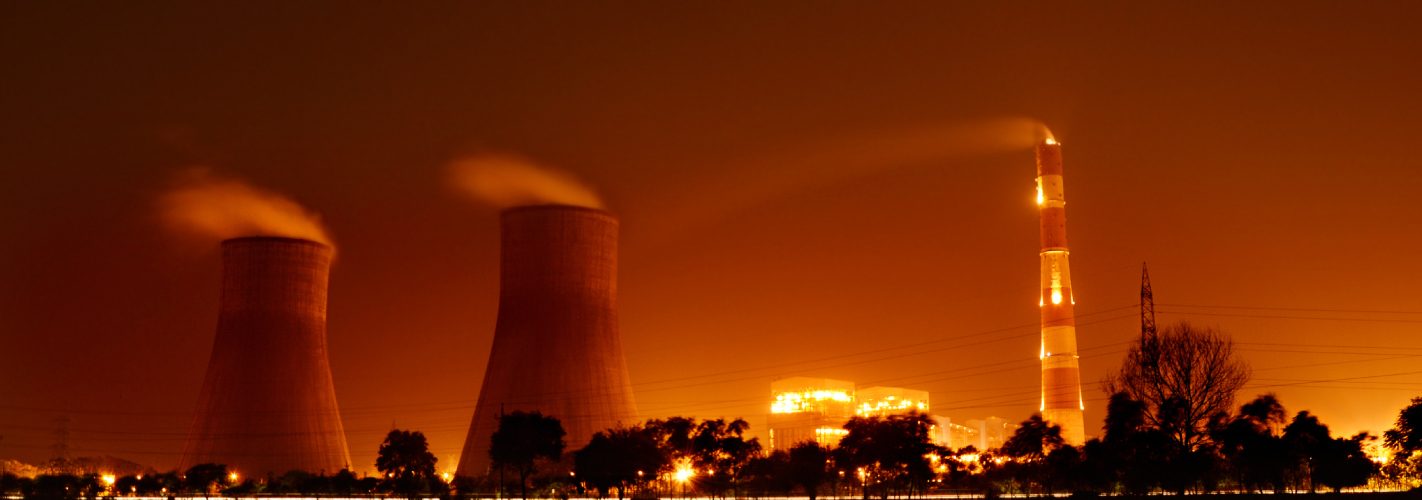The solution: Take the uranium-235 isotope, add a neutron to create unstable uranium-236, which splits (fissions), releasing a lot of energy. Use that fission energy to turn water into steam, and turn turbines, which generates electrical energy. Nuclear energy is the solution to a clean energy future, and one that ends our dependence on foreign oil.
For decades, the United States Department of Energy (DOE) has spent billions of dollars researching and developing this solution that is, because of the expertise invested, the safest, cleanest, carbon-free technology to produce abundant amounts of electrical energy. The problem with implementing this solution is the United States Congress.
We keep electing people to that body who choose to use energy generation as leverage to gain political power, rather than doing what is best for the American public. On the liberal side, they play on the altruistic fantasies of their followers with the myths of “renewable” energy generation, such as wind and solar, all the while ignoring the truth that these forms are inefficient and harmful to the environment. Conservatives pretend that “market forces” will bring forth the next generation of nuclear energy. They ignore the fact that there are socialized agencies such as the Nuclear Regulatory Commission that make advancement almost economically impossible. However, we as a nation will keep on doing research projects at the DOE’s National Laboratories, handing out pay checks and accolades for minor incremental technology advancements that will in all likelihood never see commercial applications unless we demand that Congress act in a responsible manner.
There are some easy to understand truths. Advanced nuclear reactor designs are well developed and understood. Spent fuel can and should be recycled providing centuries of fuel resources supplying the reactors. The recycling technologies exist and should be commercialized in the United States. Advancing the next generation of fission will propel advances in electric vehicle development (at present, the vast majority of such vehicles are charged by burning fossil fuels), bring forth spin-off applications such as high-speed electromagnetic rail systems, and ward off the developing catastrophic problem of future supplies of fresh water.
It does not matter whether your issues of concern are the changing climate or the fact that we will at some point run out of carbon-based fossil fuels. We, as a nation, need to advance the next generation of nuclear energy. We must convince the United States Congress to act in our best interest and champion the greatly expanded deployment of nuclear fission.

















